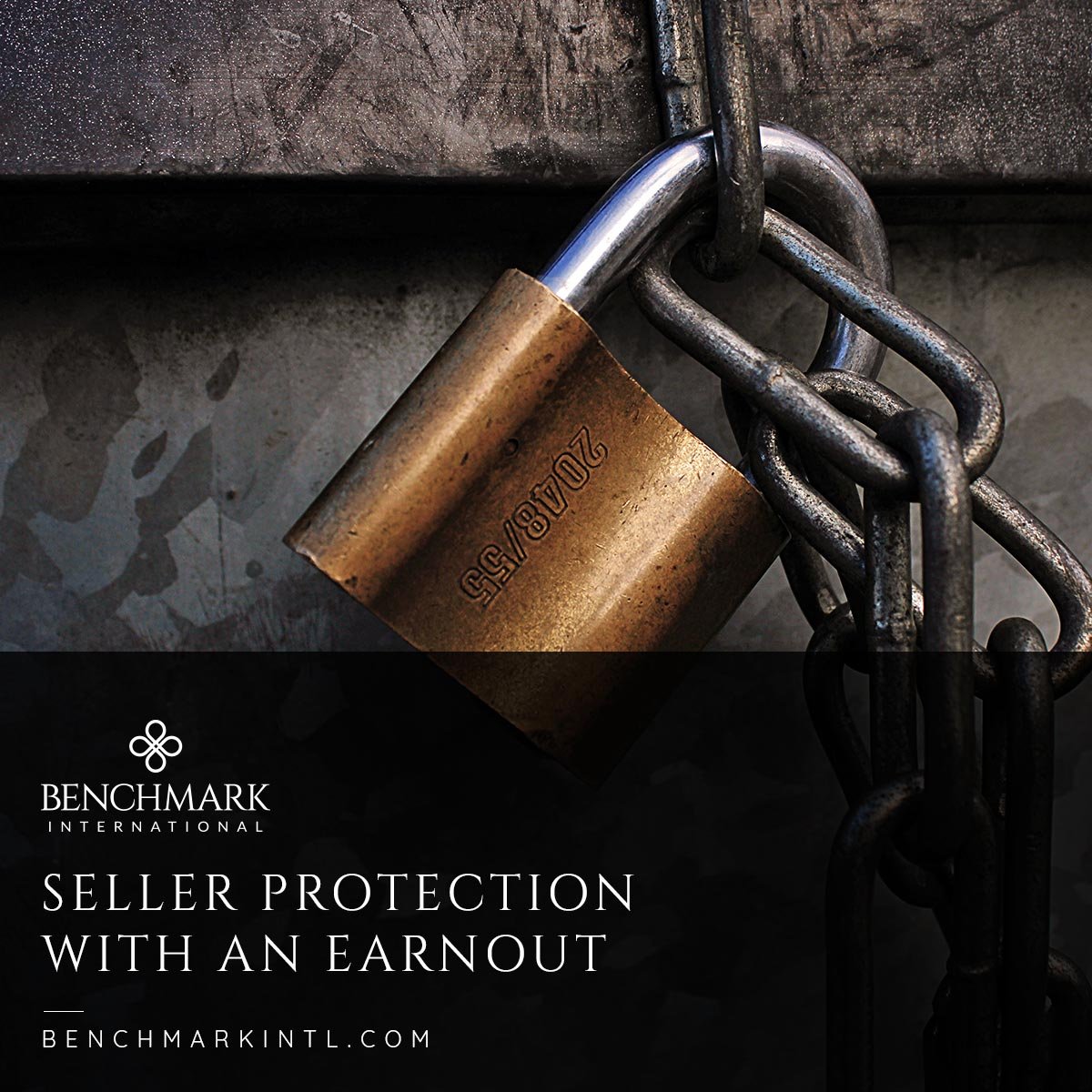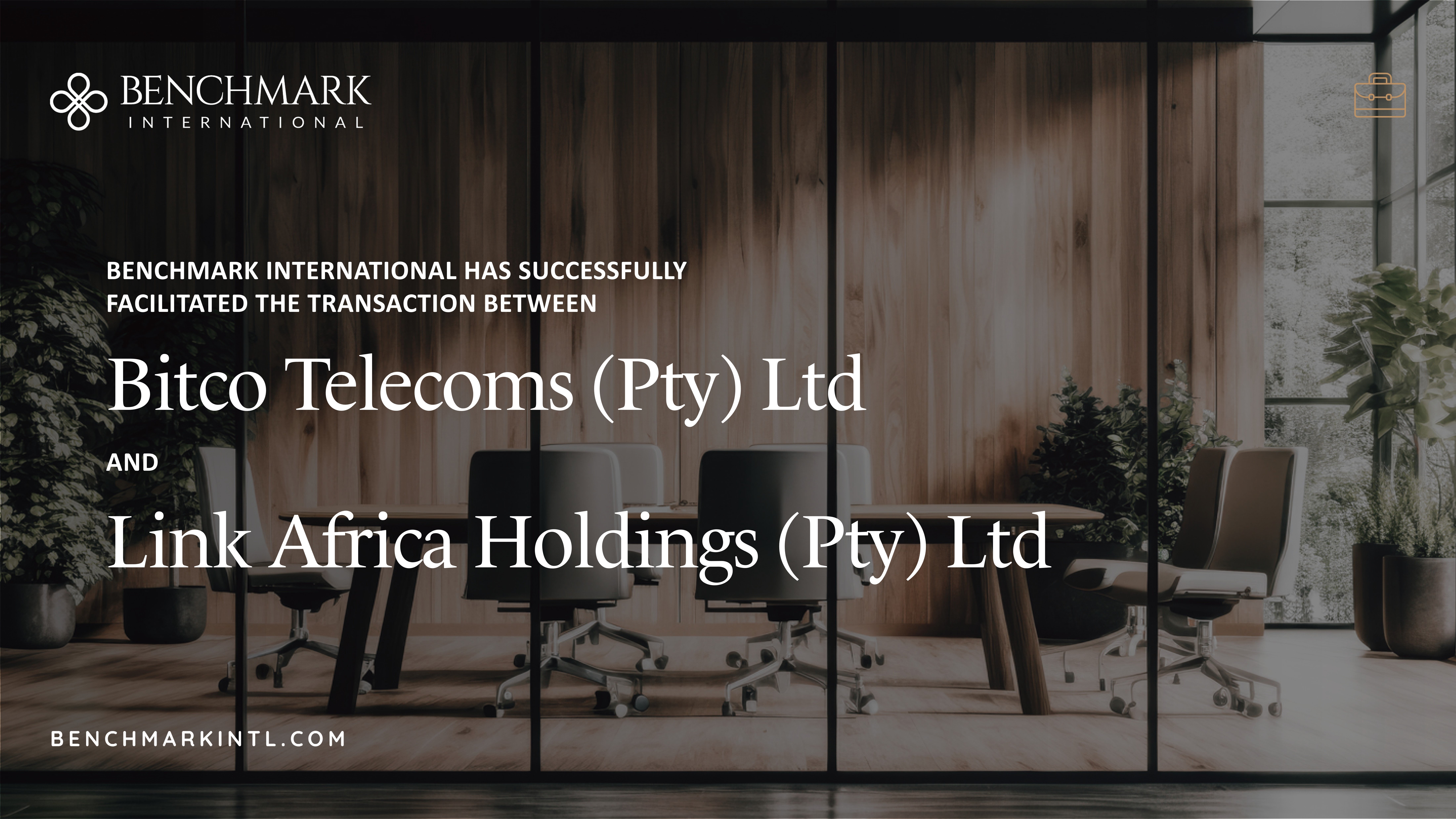
Earnout Agreements have become increasingly routine in deal structures over the last several years as they are most widely used during times of political and/or economic uncertainty. The earnout payment is additional compensation paid in the future to the seller after the business is sold. An earnout agreement can help bridge a valuation gap or encourage the former owner to remain for a longer period of time following the close of the sale. They should only be considered when the company will continue to operate the same in the years following the sale at the time of closing. While sellers can sometimes be nervous when it comes to agreeing to an earnout, there are protections for yourself that you can keep in mind.
When structuring the earnout, it is important to consider the financial metrics used and choose your benchmark carefully. For example, buyers will often prefer to use an EBITDA target as they believe this will be the most dependable indicator of the business's profitability. On the other hand, typically, sellers do not like using EBITDA due to concerns that the buyer can manipulate the number to benefit the buyer at the end of the earnout period. While sellers usually prefer a marker based on the business's gross revenues, gross profit can sometimes be used as a good compromise for both parties. Suppose an EBITDA calculation must be agreed to move forward with the deal. In that case, the seller can ask for various expenses, overhead costs, etc., to be excluded from the calculation.
There are covenants/protective provisions that you will want to consider when agreeing to an earnout. First, the seller should ensure that the earnout targets are objective and easily measurable, clearly defined, and consistent with the overall projected growth of the company. A specific and detailed post-closing covenant that can be urged on the buyer is that the buyer will continue to run and operate the business in its ordinary course and act in good faith to run the business in order to maximize earnouts.
Second, try to maintain some control over the business after the deal closes. For example, this could include holding a board seat and/or a shareholding in the parent company that now conducts the business. The shareholding agreement can contain a list that details important decisions in the company that will require unanimous approval of the shareholders.
Third, it is crucial to define a dispute resolution process. Appointing an independent, third-party expert such as an experienced accountant to determine any disputes around the earnout can be a much preferable alternative to court proceedings that may require a lot of time and money. Should this process be implemented, both parties will need to agree to the procedure that the independent third party will follow in order to make their determination along with the timeframe for delivering the results. Payment of the expert's fees should be allocated between the parties as well.

Fourth, you can consider setting accelerated payment triggers. There may be circumstances that come up in which it may make sense for a full acceleration of the earnout to be triggered. Those circumstances might include a subsequent sale of the company by the buyer, a liquidation event, the termination of key members of the management team, or a crucial change in the operation of the business.
Finally, it's important to consider unforeseen events. Because most earnouts extend for several years, it can make sense to anticipate these events and write into the earnout appropriate mechanisms to deal with them. For example, what if there is a pandemic or the entire management team that the deal was structured around is let go and replaced with a new management team. What if the seller dies during the earnout period? What will happen to the agreement going forward? Does it stop? Is it passed on to the seller's heirs? While it would be impossible to deal with every unforeseen event, a well-crafted earnout will at least contemplate possible events that may happen after closing.
A good earnout strategy will be cognizant of the risks and plan for potential events. To help minimize the risk of problems surfacing down the road, it's vital that the earnout agreement is structured well and has protections in place so both parties can face a more certain outcome.
 Author
Author
Amy Alonso
Director
Benchmark International
T: 512 861 3301
E: alonso@benchmarkintl.com
Americas: Sam Smoot at +1 (813) 898 2350 / Smoot@BenchmarkIntl.com
Europe: Michael Lawrie at +44 (0) 161 359 4400 / Enquiries@BenchmarkIntl.com
Africa: Anthony McCardle at +27 21 300 2055 / McCardle@BenchmarkIntl.com
ABOUT BENCHMARK INTERNATIONAL
Benchmark International’s global offices provide business owners in the middle market and lower middle market with creative, value-maximizing solutions for growing and exiting their businesses. To date, Benchmark International has handled engagements in excess of $8.25B across various industries worldwide. With decades of global M&A experience, Benchmark International’s deal teams, working from 14 offices across the world, have assisted thousands of owners with achieving their personal objectives and ensuring the continued growth of their businesses.
Website: http://www.benchmarkintl.com
Blog: http://blog.benchmarkcorporate.com
 Benchmark International
Benchmark International  Benchmark International
Benchmark International 





